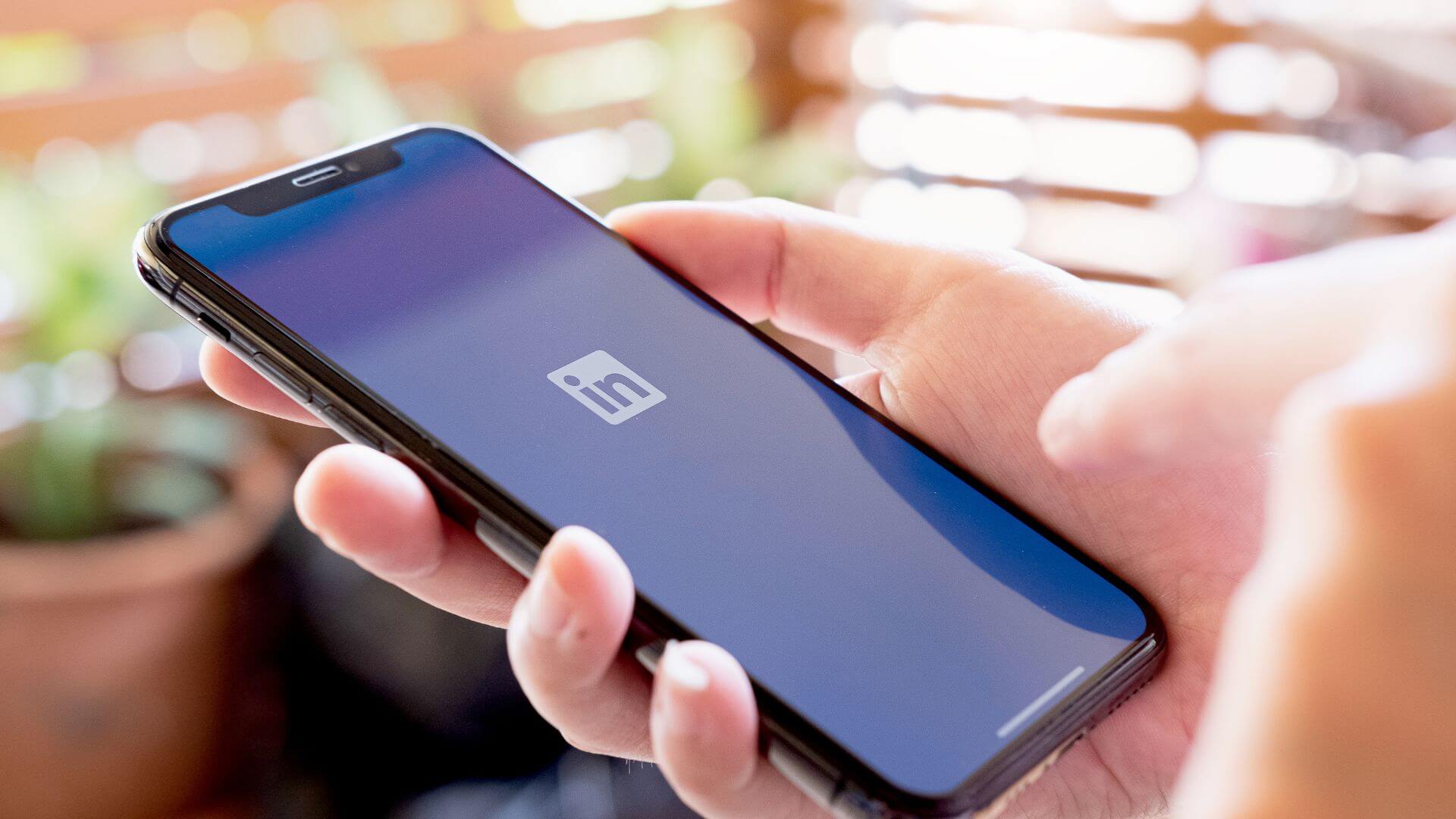LinkedIn extends its profile verification feature to a wider audience
LinkedIn is expanding its profile verification feature to include users in more countries by collaborating with third-party verification firms. This update aims to combat bots and spam while adding...

LinkedIn has announced that it’s updating its profile verification feature. Initially, this service was launched in partnership with the identity platform CLEAR in April. This verification feature allows users to prove their identity by supplying government-issued identification. Once completed, a verification badge appears on your profile, essentially validating that you’re the person you claim to be within the app.
How LinkedIn’s verification differs from other platforms
Unlike some other platforms that handle the verification process internally, LinkedIn collaborates with third-party firms to confirm user identities. Initially, this feature was accessible only to users in the United States, but it has now been extended to users in Canada and Mexico. LinkedIn aims to enable verification for users across more regions by teaming up with companies like Microsoft Entra and Digilocker. The unique challenge here is that collaboration is necessary with local entities capable of validating ID documents. These third-party partners, of course, need to be compensated for their services, which could restrict the expansion of this feature globally.
Why verification adds value to the LinkedIn experience
LinkedIn states that having a verified profile has benefits, providing some compelling statistics. Verified profiles attract 60% more views, receive 50% more comments and reactions to their posts, and see a 30% increase in messages. Clearly, this added layer of credibility carries weight, and LinkedIn is intent on making this feature available to more of its users. They’ve even started incorporating verification into certain job listings, offering additional assurance to users.
Additionally, LinkedIn has set an ambitious target: they aim to verify the professional identity attributes of at least one aspect for 100 million users by the year 2025. Since this free service involves third-party partnerships, it seems a realistic goal. This approach could also be more effective in combating the rise of bot profiles and spam within the app, especially when compared to other platforms that rely on linking credit cards to confirm user IDs.
LinkedIn is investing in collaboration to enhance trust within the platform, especially as bots become more sophisticated due to advancements in AI technology. This move could represent a significant step in boosting user trust.
















